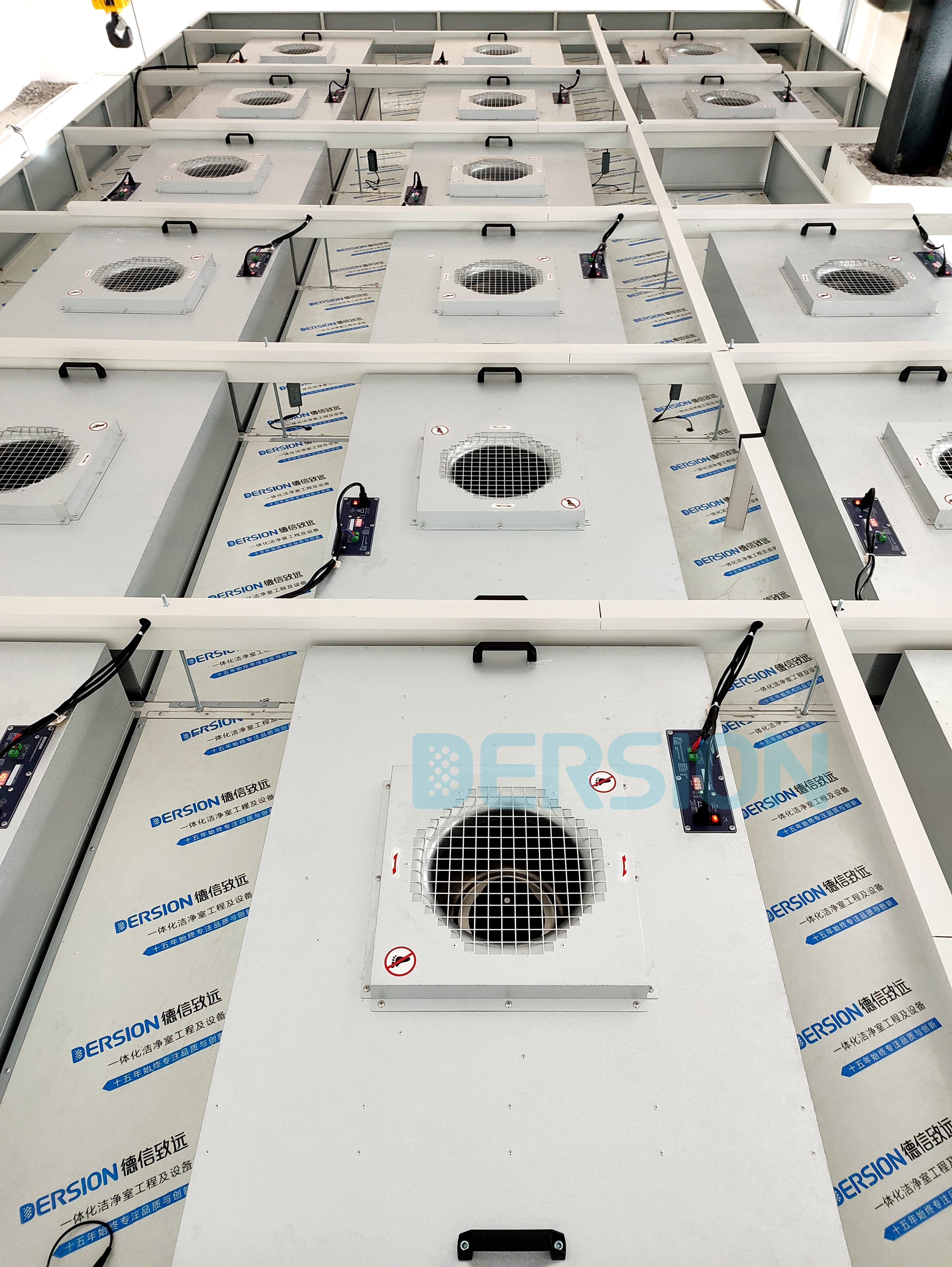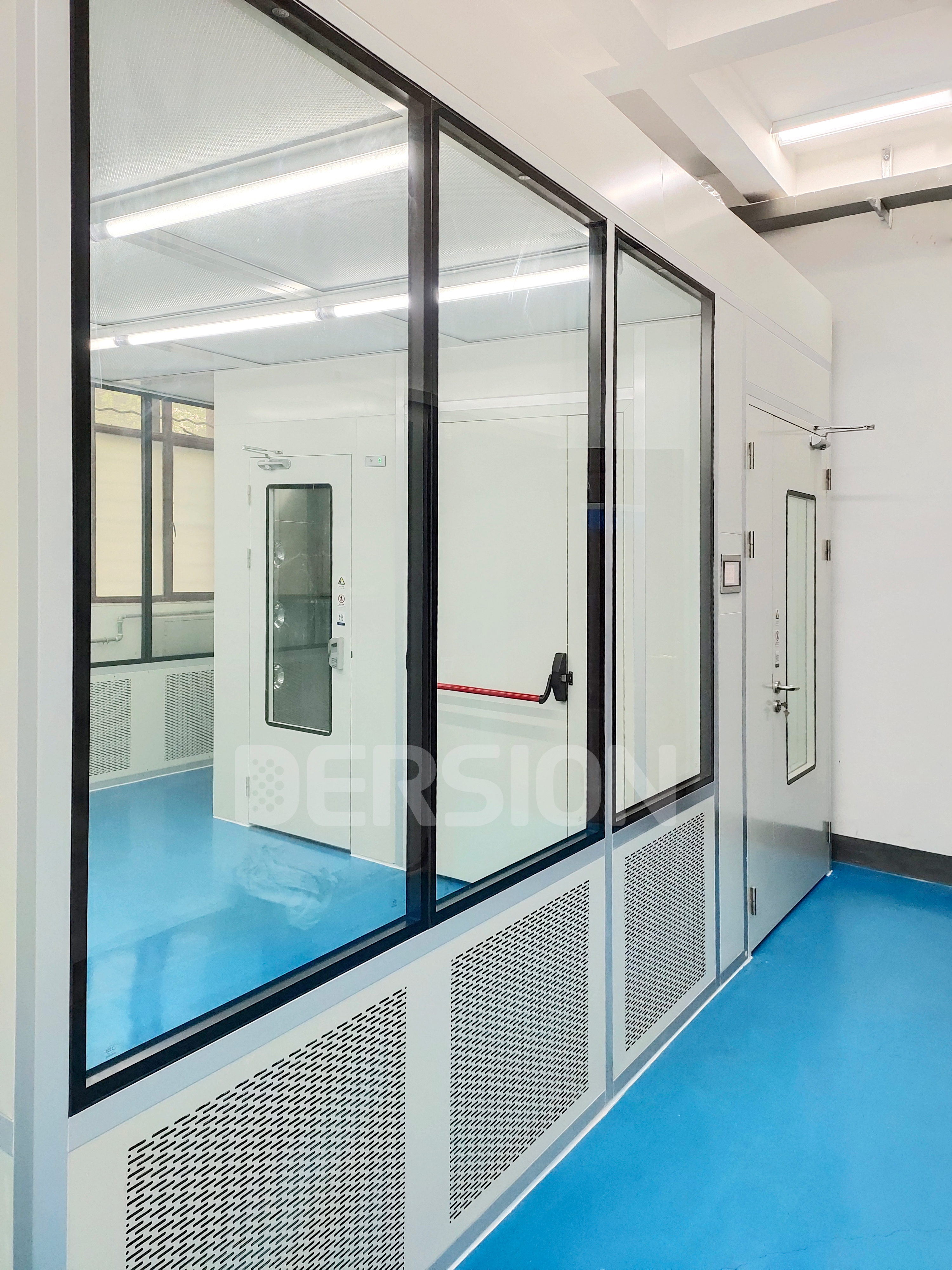A clean workshop is a highly specialized environment that demands strict control over air flow, pressure difference, and filtration. This type of facility is commonly used for manufacturing products that require exceptional air quality. Consequently, the control of pressure difference and air flow in a clean workshop becomes paramount. In this article, we will delve into the intricacies of controlling differential pressure and airflow within a clean workshop.
Differential pressure control is a crucial measure in maintaining the cleanliness of a workshop. It refers to the disparity between the internal and external pressures of the facility. Optimal control of this pressure difference ensures that contaminants from outside the workshop do not infiltrate the environment. For a clean workshop, it is essential to maintain positive pressure inside the controlled area. This means that the internal pressure should be higher than the external pressure, preventing any unfiltered air from entering.
To achieve effective differential pressure control, a series of measures should be implemented. Firstly, a well-designed ventilation system is of utmost importance. The system should be able to supply sufficient clean air while simultaneously exhausting the impure air. This constant supply and removal of air helps to maintain positive pressure within the workshop. Additionally, the ventilation system should be equipped with high-efficiency filters to eliminate any potential contaminants from the incoming air.
Another critical element in controlling differential pressure is the use of airlocks and interlocking doors. These mechanisms ensure that only authorized personnel enter the clean workshop, preventing the introduction of pollutants. By limiting access points and enforcing strict protocols, the differential pressure within the facility can be effectively maintained.
In addition to differential pressure control, regulating air flow within the clean workshop is equally vital. Proper air flow management helps maintain a uniform environment in terms of temperature, humidity, and particle concentration. To achieve this, an appropriate balance of supply and return air must be maintained, ensuring a constant flow throughout the facility.
To control air flow, the workshop should possess a well-designed HVAC (Heating, Ventilation, and Air Conditioning) system. This system not only provides the necessary air supply but also ensures proper air circulation and removal of impurities. Additionally, the HVAC system should be equipped with variable air volume (VAV) controls, which adjust the flow rate according to the specific requirements of the clean workshop.
Furthermore, air flow control can be enhanced through the use of air curtains or air showers. These devices create a barrier of high-velocity air that prevents contaminants from entering the controlled area when personnel or equipment pass through. By ensuring a unidirectional flow, air curtains and showers contribute to maintaining the desired air quality within the workshop.
Regular maintenance and monitoring are paramount to sustaining the control of pressure difference and air flow in a clean workshop. Filters should be regularly inspected, cleaned, or replaced to ensure optimum performance and prevent any potential breaches. Additionally, sensors and monitoring systems should be in place to constantly measure and analyze the pressure difference and air flow within the facility. Any deviations or abnormalities should be promptly addressed to maintain the integrity of the clean workshop.
In conclusion, a clean workshop necessitates meticulous control over differential pressure and air flow to achieve the desired air quality. Implementing an effective ventilation system, utilizing airlocks and interlocking doors, and monitoring the pressure difference are essential measures for pressure control. Moreover, maintaining proper air flow through a well-designed HVAC system, combined with auxiliary devices like air showers, ensures a controlled environment. By adhering to these guidelines and conducting regular maintenance, clean workshops can successfully meet the stringent requirements for high air quality production.
Post time: Oct-08-2023
